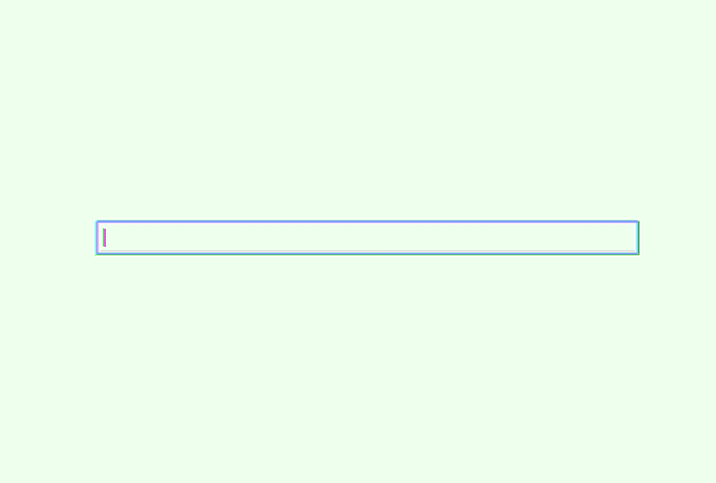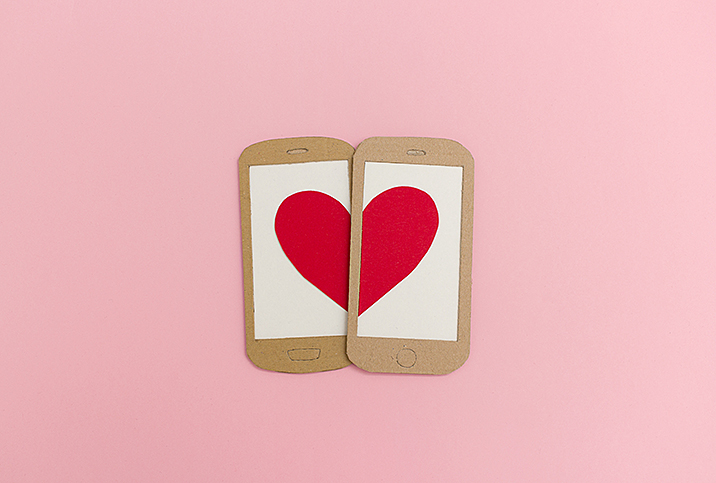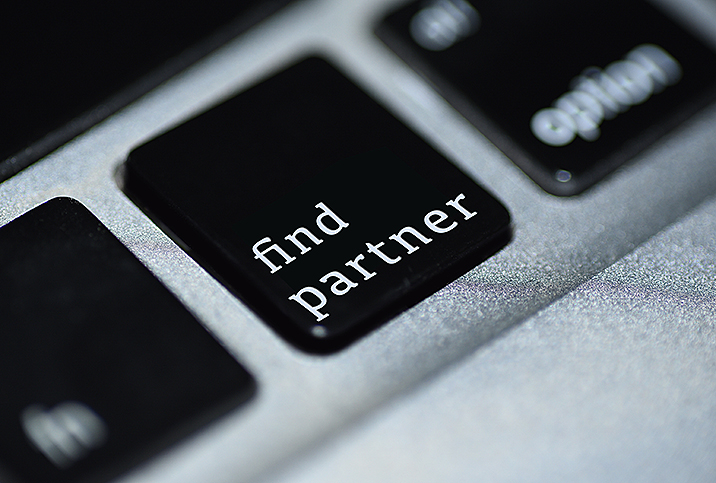Practicing Digital Polyamory (Before Putting It in Your Profile)

As many of us accept dating apps as a contemporary fact of life in America, it's more common to see people identifying with romantic practices aside from traditional Western monogamy. However, not everyone online claiming "poly" status is embracing self-exploration and what it means to do so ethically.
This is not a kink
Polyamory means a lot more than an excuse to date or have tons of sex. While the idea of breaking down boundaries associated with monogamy can be appealing, polyamory—at least when practiced ethically—comes with its own set of nuanced expectations for relationships.
The rise of orientation advertising
Dating apps don't just give people the opportunity to reveal their sexual orientation and/or exclusivity practices to potential partners, but you could argue that this info is a requirement of taking part.
For online dating, you're competing with people in a specific space or community, and the entire world for the attention, affection and interest of potential partners. If you're someone who feels uneasy about the idea of dating exclusively and adhering to monogamous practices, it probably seems like a good idea to include a note about this at the top of your profile. In theory, you stand a better chance of attracting someone who shares similar feelings toward the concept of multiple partners in either an ongoing or short-term capacity.
The problem is, people tend to gravitate toward succinct descriptions rather than accurate ones. Polyamory puts the idea of nonexclusivity into a neat little package that may or may not entail all aspects of a relationship. As a result, people interested in dating, but squeamish about the idea of committing to a single partner as a source of affection or sexual activity may incorrectly associate polyamory with the umbrella concept of nonexclusivity.
People have a bad habit of projecting internalized meanings onto words and assuming the intended definition applies to other interpretations. The fact is, polyamory can take any number of fluid or fixed forms within a person's idea of their ideal relationship. Identifying as polyamorous does not inherently clarify your preference toward relationship structures, and the assumption that it will creates gray areas and could cloud future communication.
It's better to think of polyamory as a form of orientation—albeit one not specifically sexual, domestic or romantic.
Some may express their amorous interests through sexual relationships with multiple partners, in which case they might identify as ethically promiscuous as well as romantically polyamorous. Others may experience deep and motivating affection toward individuals with whom they share lasting relationships that do not entail a physical component, and these folks might frame their relationships as emotionally or domestically polyamorous.
Multiple individuals in the same relationship may identify with any form of physical/romantic expression. In this case, open communication is absolutely required so that all people involved have an idea of the kind of attention their partners need for a healthy relationship.
There is no singular expression of an individual's priorities regarding romance, sex or domesticity. However, polyamory is a term used to acknowledge a person feels open and available to experiencing loving relationships (whatever a "loving relationship" means to the person) with more than one individual. Many polyamorous people might feel they are incapable of limiting their feelings of affection or intimate desires to one person in their life.
People should explore and accept the terms and definitions that best fit their practices regarding relationships, but should be mindful when identifying as polyamorous if nonexclusivity is an area of exploration rather than a definite preference.
Other ways to express yourself
There are a number of ways to indicate, either in a dating profile or in casual conversation, that you're reevaluating monogamy in your relationships.
Perhaps being open about your doubts is enough. Using your own language is a much more effective method of describing yourself (and creating a conversation starter in the process) than leaning on a recognizable term you don't truly understand.
It's never a bad idea to phrase things as questions, or possible interests, rather than as answers. Admitting your own uncertainty in a dating profile may cause some people to swipe left, but it could also inspire engagement about what words mean. Admitting doubt may open the door for a discovery of common ground in experiences or ideals.
Before you put "polyamorous" in your profile without determining what it means to you, try exploring other terminology, such as "interested in dating nonexclusively" or "curious about open relationships."
Keep in mind, too, that identifying as polyamorous and being in an open relationship are not inherently the same. Many people who have never experienced romance outside of a monogamous setting may find it helpful to enter new scenarios with an open mind, in order to expand comfort zones and begin to answer questions about themselves.
The important thing is to state your intentions, respect the wishes of your dates and avoid potential miscommunication by asking questions and being honest when questions are asked of you. Honesty is a first step toward thoughtful dating practices, and thoughtfulness is an excellent way to avoid hurt feelings.
State, don't assume, the obvious
You might feel like you have the same view about online dating as everyone else, but there's really no harm in probing others or stating your feelings about monogamy. If you're questioning the importance of monogamy in your own life, or actively exploring a nonexclusive approach to dating, it might be important to acknowledge and own this early in your online dating escapades.
If you're not comfortable putting this information in your profile, try to incorporate it at the onset of conversations with matches. Questions about the matter can make great icebreakers, and it'll set the stage for straightforward conversations that likely both participants will appreciate.
Ethics do not require eloquence
For a lot of people, polyamory is a new concept. For others, the idea is as old as dating itself. Dating respectfully and ethically is about acknowledging where you fall on the spectrum.
Even people who grappled with these concepts for decades sometimes stumble over their words and fail to articulate their ideas effectively. In fact, the more a person explores, the more terms may seem to blur.
However, when we fling terms around that we don't really understand, we do a disservice to people who came before. Identifying too quickly with a concept can create barriers that block avenues of physical and emotional exploration.
Dating is never about checking off a list of requirements in order to find the perfect partners. When you try to fit your values in a box, you may find that you limit your journey toward a romantically and sexually fulfilling future.


















